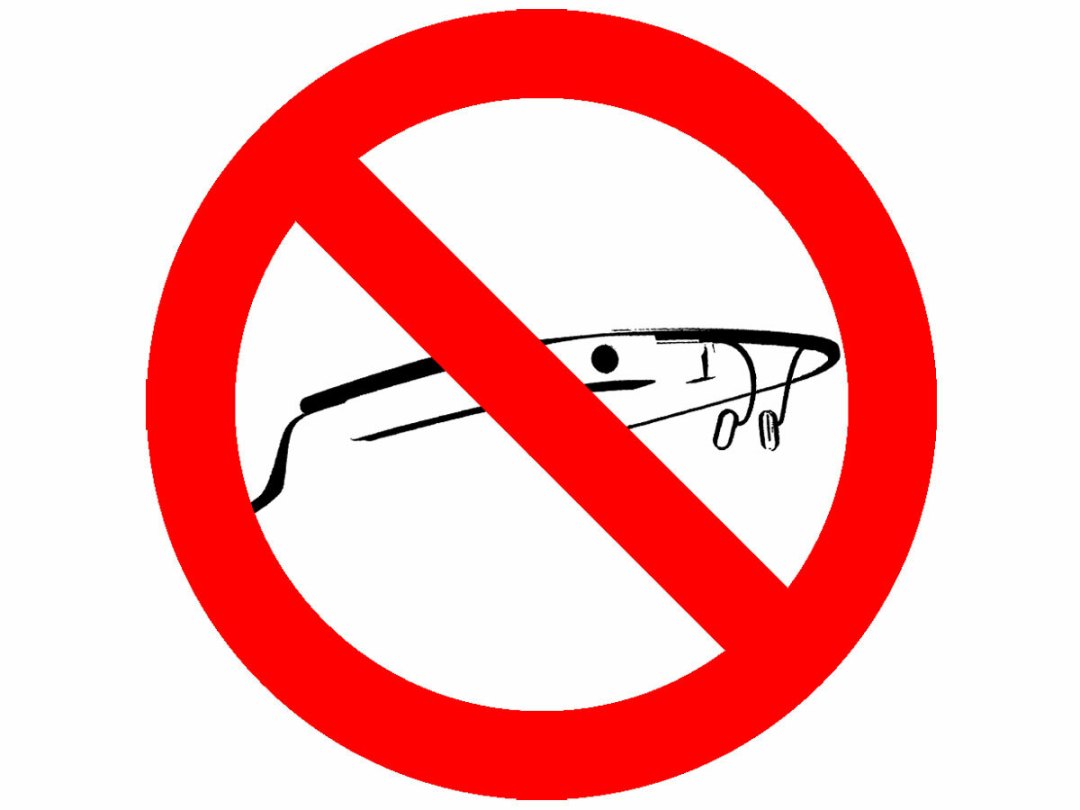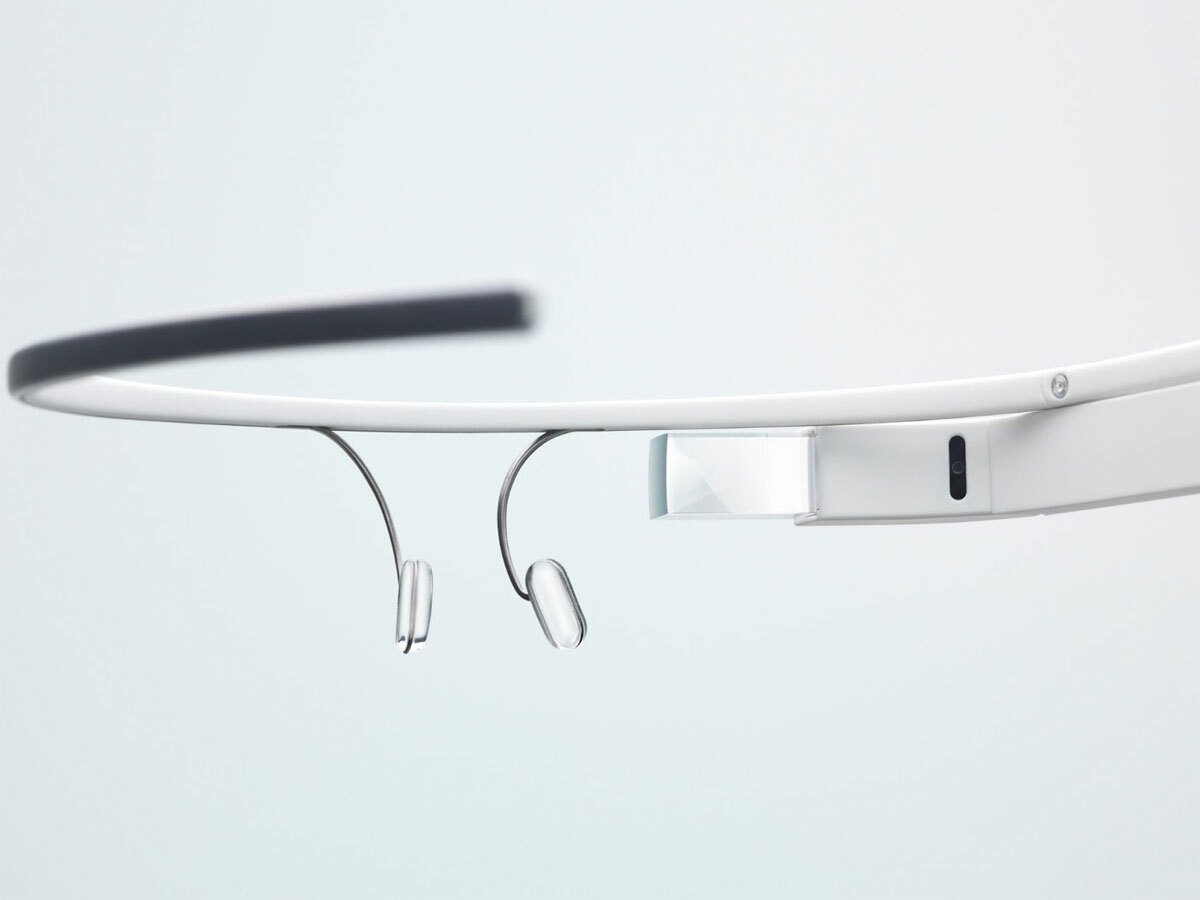EXCLUSIVE: UK Government in discussion to outlaw Google Glass for drivers
Google's smart specs are set to join mobile phones on the driving blacklist

The Department for Transport has acted to ban drivers from using Google Glass – even before Google’s smart eyewear launches to the general public.
Stuff has learned that the government department is concerned about the potential for distraction that could result from using Google Glass while driving, and has taken pre-emptive action ahead of Google’s much trailed new hardware release, scheduled for 2014.
A Department for Transport (DfT) spokesman told Stuff: “We are aware of the impending rollout of Google Glass and are in discussion with the Police to ensure that individuals do not use this technology while driving. It is important that drivers give their full attention to the road when they are behind the wheel and do not behave in a way that stops them from observing what is happening on the road.”
The spokesman added: “A range of offences and penalties already exist to tackle those drivers who do not pay proper attention to the road including careless driving which will become a fixed penalty offence later this year.”
Echoes of the mobile phone ban

Stuff understands the DfT’s concerns centre on Google Glass’ potential for compromising driver concentration. Its stance is consistent with its position on hand-held mobile phone use while driving, a ban on which was introduced at the end of 2003. Since then, more than a million drivers have been convicted of using a hand-held mobile phone while driving.
The Glass ban is certain to disappoint gadgeteers who had been relishing the prospect of eyeball navigation and other head-up display capabilities. It also closes the door on UK app developers’ efforts to exploit the in-car possibilities of the device, as has already been seen with GlassTesla in the US. A driver using Glass would be likely to incur a £60 fixed penalty notice, plus three points on their driver’s licence – a penalty identical to mobile phone use while driving.
Although the government has not yet specified which existing statutes would outlaw Google Glass use, it is thought likely to fall foul of the 1988 Road Traffic Act.
A Google spokesperson responded with the following statement:
“We are thinking very carefully about how we design Glass because new technology always raises new issues. Our Glass Explorer programme, currently only launched in the US, reaches people from all walks of life and will ensure that our users become active participants in shaping the future of this technology.”
HAS THE GOVERNMENT GOT THIS WRONG?
Road safety is obviously paramount. But having used Glass, having experienced its uncanny voice control capabilities and having seen how unobtrusive an experience it can be, I think an outright ban on driving while wearing it is heavy-handed. Glancing up at the Glass screen floating at the periphery of your vision needn’t be much more distracting than peeking at your windscreen sat-nav, and it’s certainly less distracting than looking down at a smartphone. And there are other possible benefits to Glass, such as point-of-view recording of incidents that occur on the road.
Traditionally the law has focused on banning distractions that require you to take a hand off the wheel. You do need to tap your Glass or flick your head up to wake it, but it remains more hands-free than any hands-free car kit I’ve used.
Ironically, it’s this hands-free virtuosity that could be Glass’ undoing. With an “OK, Glass” and a few spoken commands you can make Google searches, check headlines and stay up to date on Twitter, any of which would be unacceptably distracting for a driver. Or it could be the fact that you need to look up to actually focus on the display. Or perhaps it’s the display’s propensity to switch off after several seconds that the government thinks could sap drivers’ concentration.
None of these reasons demands an outright ban; instead, the DfT should be working with Google to find a solution, whether that’s making recommendations for its hardware design or implementing a car mode that adapts its behaviour and functionality for use on the road.
“But how will the police know that you’re a responsible, car mode-using Glasshole?”, you might well ask. That is, admittedly, a challenge. But I’d prefer to encounter the occasional irresponsible Glass user with their eyes on the road than I would the touchscreen SMSer, or the guy navigating using the smartphone that’s sat in his lap. Banning Glass for drivers is banning a plethora of innovative, useful and perhaps even safety-enhancing potentialities – a host of apps that you, I and Google haven’t thought of yet – and that’s a huge shame.
Google Glass eyes-on review
Recap on Google Glass’s plethora of voice-controlled features with our eyes-on review.



